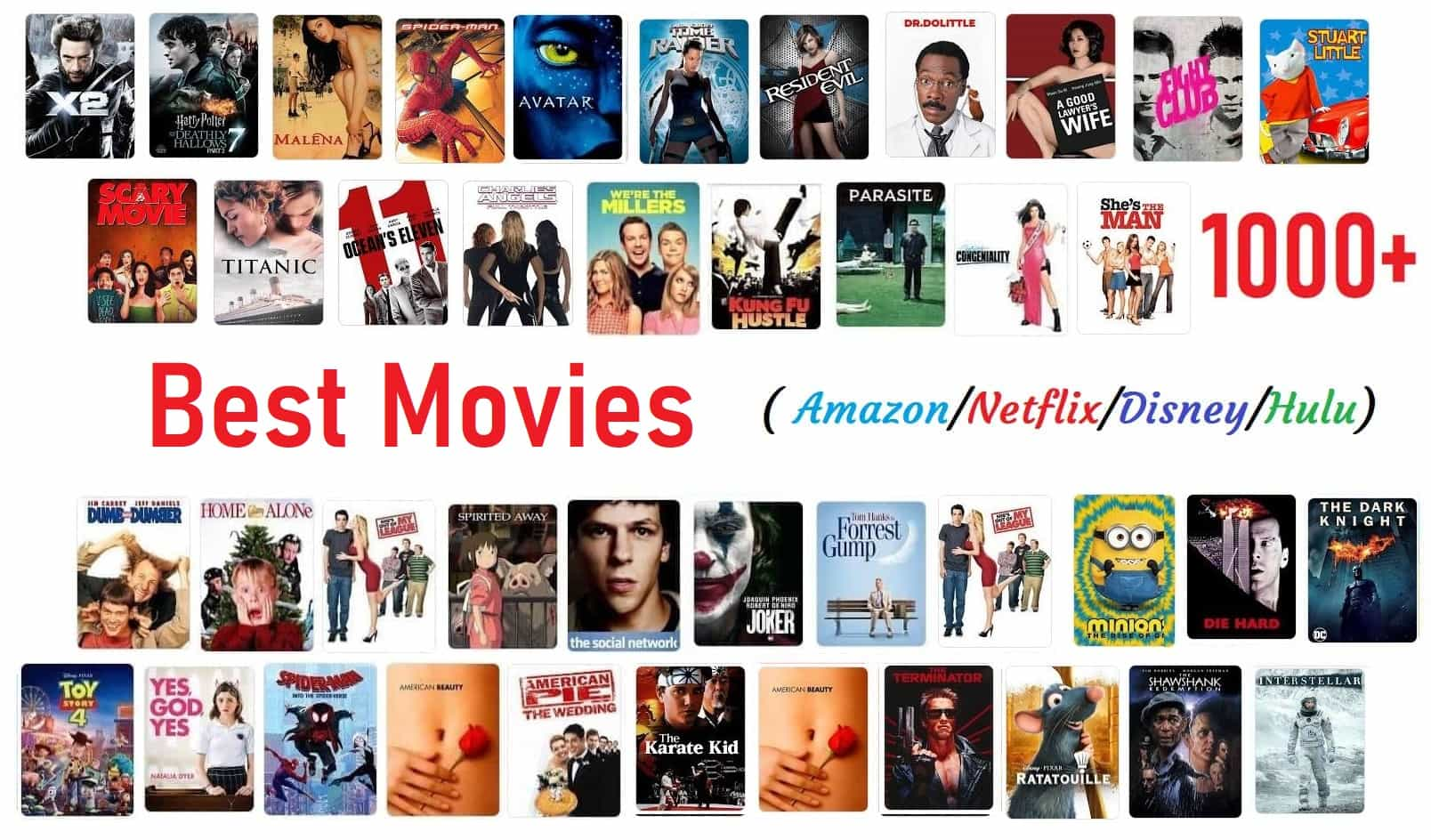
The film industry is in constant flux, driven by advancements in technology, changing audience preferences, and evolving cultural norms. From the impact of streaming services to the shifting use of special effects, this article delves into the key challenges and innovations shaping modern cinema. We’ll explore the intricacies of adapting books into movies, the role of soundtracks, and much more.
The Challenges of Adapting Books into Movies
Why Is Adapting Books into Movies So Difficult?
Turning a book into a film is no small feat. Here are some reasons why:
- Condensing Content: Books often have rich details and subplots that can be difficult to fit into a two-hour film. Filmmakers must decide what to keep and what to leave out.
- Character Development: In books, readers get deep insights into characters’ thoughts and backstories. Translating this inner world to the screen can be challenging.
- Reader Expectations: Fans of the book often have strong opinions about how characters and events should be portrayed, which can be a double-edged sword for filmmakers.
Despite these challenges, successful adaptations can bring beloved stories to new audiences and offer fresh perspectives.
The Shift from Practical Effects to CGI in Film
How Has CGI Changed the Film Industry?
The shift from practical effects to CGI (Computer-Generated Imagery) has transformed filmmaking:
- Enhanced Visuals: CGI allows for stunning visuals and fantastical elements that are difficult or impossible to create with practical effects. Think of the epic landscapes in Avatar or the magical creatures in Harry Potter.
- Cost and Flexibility: CGI can be more cost-effective for creating certain effects and offers greater flexibility for making changes during production.
While CGI has opened new creative possibilities, some argue it can sometimes overshadow storytelling and practical effects’ charm.
The Role of Soundtracks in Enhancing Film Narrative
Why Are Soundtracks So Important in Movies?
Soundtracks play a crucial role in shaping a film’s emotional impact:
- Emotional Resonance: Music can heighten emotions and set the tone of a scene. For example, the haunting score of Inception adds depth to its complex narrative.
- Memorable Moments: Iconic songs can become synonymous with a film, like the upbeat tunes in Guardians of the Galaxy.
A well-crafted soundtrack not only complements the visuals but also becomes an integral part of the film’s storytelling.
The Impact of Streaming Services on Film Distribution
How Are Streaming Services Changing Film Distribution?
Streaming services have revolutionized how films reach audiences:
- Global Access: Platforms like Netflix and Amazon Prime Video allow movies to be distributed globally, reaching viewers who might not have access to them otherwise.
- Direct-to-Streaming Releases: Some films are now released directly on streaming platforms, bypassing traditional theatrical releases.
These changes have broadened distribution options and reshaped the landscape of film marketing and consumption.
The Role of Visual Storytelling in Silent Films
What Makes Visual Storytelling Essential in Silent Films?
Silent films rely heavily on visual storytelling to convey narratives without spoken dialogue:
- Expressive Acting: Actors use exaggerated expressions and gestures to communicate emotions and plot points. Classic examples include Charlie Chaplin’s performances in City Lights.
- Visual Cues: Filmmakers use visual elements like lighting, composition, and color to enhance storytelling and set the mood.
Silent films demonstrate the power of visual storytelling and have laid the groundwork for modern filmmaking techniques.
The Problem with Censorship in Modern Cinema
Why Is Censorship a Controversial Issue?
Censorship can significantly impact how films are presented and perceived:
- Creative Freedom: Censorship can limit filmmakers’ ability to express their vision, altering or removing content deemed inappropriate or controversial.
- Audience Reception: Censored content might not align with audience expectations or the original intent of the film.
Balancing content regulation and artistic freedom remains a complex issue in modern cinema.
The Importance of Representation in Film
Why Does Representation Matter in Film?
Representation in film is crucial for several reasons:
- Diverse Perspectives: Including diverse characters and stories enriches the film narrative and reflects a broader range of experiences. Films like Black Panther showcase underrepresented voices.
- Social Impact: Representation can challenge stereotypes and promote understanding and empathy among audiences.
Accurate and inclusive representation helps create a more equitable and reflective media landscape.
The Decline of Physical Media in the Movie Industry
What Is Causing the Decline of Physical Media?
Physical media, like DVDs and Blu-rays, is becoming less common:
- Digital Convenience: Streaming services offer instant access to films without needing physical storage, appealing to modern consumers’ desire for convenience.
- Collector’s Market: While still valued by collectors, physical media is less relevant for everyday viewers.
The decline of physical media reflects broader shifts towards digital consumption and storage solutions.
The Role of Festivals in Shaping Film Trends
How Do Film Festivals Influence Cinema?
Film festivals play a significant role in the film industry:
- Spotlighting Talent: Festivals like Cannes and Sundance highlight emerging filmmakers and innovative projects, often setting trends for the industry.
- Creating Buzz: They generate excitement and anticipation for new films, helping to build hype before broader releases.
Festivals are crucial for discovering new talent and shaping the direction of contemporary cinema.
The Impact of Political Correctness on Comedy Films
How Does Political Correctness Affect Comedy?
Political correctness can influence how comedy is crafted and received:
- Sensitive Topics: Comedians must navigate sensitive subjects carefully, which can impact how jokes are written and perceived. Films like The Interview have sparked debates about comedy and free speech.
- Evolving Standards: As societal norms shift, comedy must adapt, sometimes leading to changes in how humor is approached.
Balancing humor with sensitivity is essential for crafting comedy that resonates with diverse audiences while addressing contemporary issues.
The Challenges of Creating Timeless Films
What Makes a Film Timeless?
Creating a timeless film involves several factors:
- Universal Themes: Films that address universal themes, like love, loss, and heroism, often remain relevant over time. Classics like Casablanca continue to resonate with new generations.
- Innovative Craftsmanship: Masterful storytelling, direction, and technical skills contribute to a film’s lasting impact.
Timeless films have a unique ability to connect with audiences across different eras and cultural contexts.
The Importance of Cinematography in Film
Why Is Cinematography Vital?
Cinematography is crucial for shaping the visual experience of a film:
- Visual Storytelling: The way scenes are shot, framed, and lit can profoundly affect how the story is perceived. Films like The Grand Budapest Hotel are renowned for their striking cinematography.
- Mood and Atmosphere: Cinematography helps establish the film’s mood and atmosphere, influencing the audience’s emotional response.
Effective cinematography enhances storytelling and contributes significantly to a film’s overall impact.
The Role of Editing in Shaping a Movie’s Tone
How Does Editing Affect a Film’s Tone?
Editing is key to establishing a film’s tone and pacing:
- Scene Transitions: How scenes are cut and transitioned affects the flow and rhythm of the film. Quick cuts can create excitement, while slower transitions can build tension.
- Narrative Structure: Editing shapes the narrative structure, influencing how information is revealed and how the story unfolds.
Skilled editing helps to craft a cohesive and engaging film experience, guiding the audience’s emotional journey.
The Evolution of Character Development in Film
How Has Character Development Evolved?
Character development has evolved significantly over time:
- Complex Characters: Modern films often feature more complex and nuanced characters. Unlike traditional archetypes, contemporary characters exhibit a range of traits and growth, as seen in films like Her.
- Diverse Representations: There is a growing emphasis on diverse and multidimensional characters, reflecting a broader spectrum of human experience.
Evolving character development enhances storytelling and allows for richer, more engaging narratives.
The Problem with Formulaic Plotlines in Hollywood
What Is the Issue with Formulaic Plotlines?
Formulaic plotlines are a common critique in Hollywood:
- Predictability: Formulaic plots often follow predictable patterns, which can lead to a lack of originality. Films like Romantic Comedy often follow similar tropes and structures.
- Creative Limitations: Relying on established formulas can stifle creativity and prevent filmmakers from exploring new ideas and storytelling techniques.
While formulaic plots can be successful, they sometimes limit innovation and originality in film.
The film industry is continuously evolving, driven by technological advancements, changing audience preferences, and cultural shifts. By understanding these trends and challenges—from adapting books into movies to navigating the role of CGI—we gain a deeper appreciation for the art and craft of filmmaking. Enjoy exploring these topics and how they shape the movies you watch!















